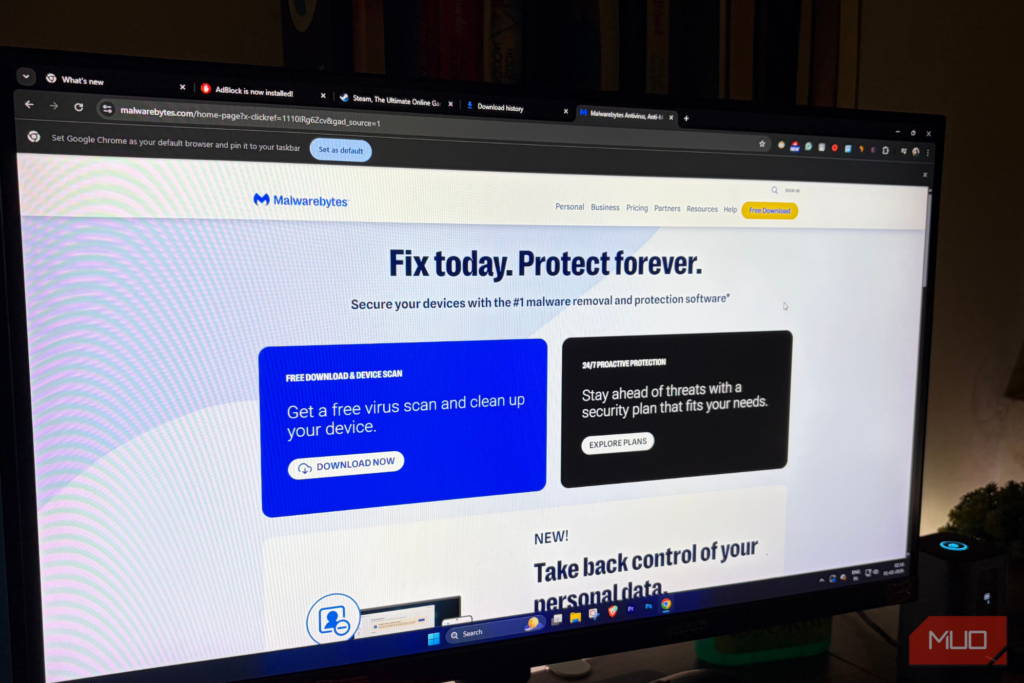UAE aims for AI-driven future

Five years ago, perhaps not many people would have thought of Abu Dhabi and the UAE as global leaders in artificial intelligence (AI). That changed in 2017 when the UAE became the first country in the world to create a dedicated AI ministry. Now, Abu Dhabi is taking another important step at placing AI at the core of our future by announcing the world’s first graduate level AI university.
AI has emerged into the mainstream and is quickly becoming embedded in our daily lives. Machines that learn can now be found across the globe and are transforming organisations and the way things are done, covering everything from antivirus software to IT infrastructure management.
This is much more than simply the latest technology hype. The world is facing unprecedented challenges; coping with climate change, managing water shortages, dealing with growing volumes of waste and the need to feed a growing population to name just a few. AI can help tackle these challenges if we deploy it widely and efficiently. However, doing so requires the global community further developing our human expertise of AI.
As we learn, we can teach our machines too. Today, AI is diagnosing medical conditions at scale, in parts of the w
Be the first to write a comment.





